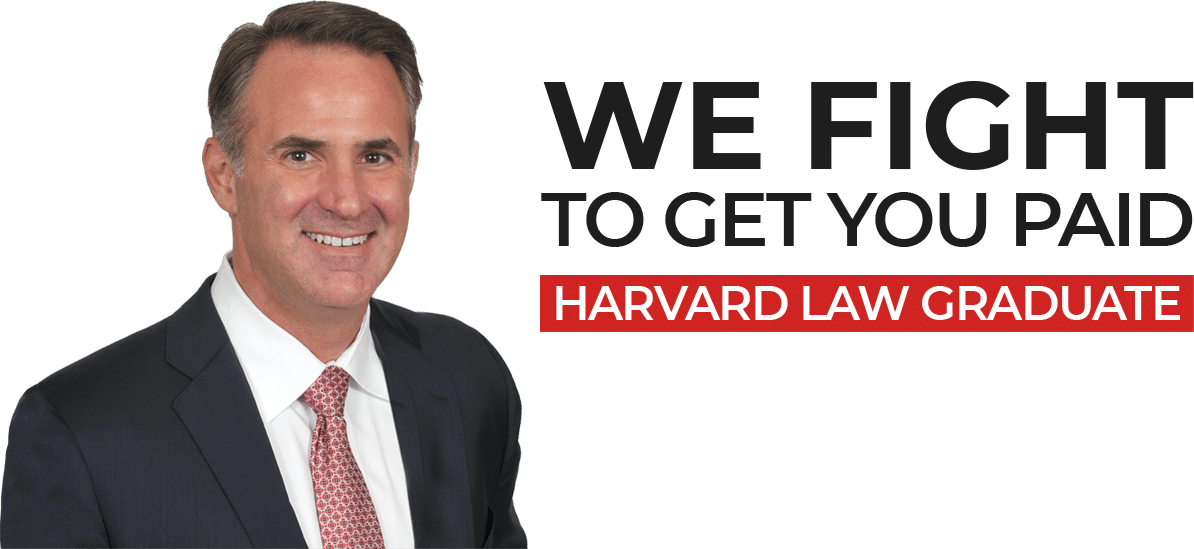Taking an Uber, Lyft, or any other rideshare option, is a popular way to get around. The convenience of summoning a driver through an application on your phone is extremely useful in today’s fast-paced society. Rideshares are not immune from getting into accidents, however; they operate under the same amount of risk as every other car on the road. From minor fender benders to crashes resulting in death, accidents happen every day.
Generally, when you think of a rideshare, you think of a driver showing up at the requested address in his or her car. That being said, Uber offers options other than this. There are now Uber vehicles that are autonomous, meaning that they have no drivers at all.
Recently, Uber settled with the family of a crash victim who was killed by an autonomous Uber vehicle. A Volvo SUV, while driving for Uber, struck Elaine Herzberg, a 49-year-old woman who was walking her bicycle across the road. The SUV was equipped with laser and radar sensors that failed to spot Herzberg, and the SUV did not stop like it should have, according to Fox News. Additionally, a human backup driver that was present in the SUV appeared to be looking down at the time of the crash. Dash camera video showed the driver looking stunned after the accident happened.
Autonomous vehicles are still in the testing phase, but following this crash, Uber voluntarily suspended the testing in Arizona, California, Pittsburgh, and Toronto. Local police, the National Transportation Safety Board, and he National Highway Traffic Safety Administration are investigating the crash. This crash has put a temporary pause on Uber’s autonomous driving program, but companies still have confidence that self-driving units will be useful in the future.
Autonomous Ubers are a recent development. As such, there is not a lot of precedent in what should be done in the event of an accident. The actions that Uber took in the Herzberg crash could set a precedent of how other claims will be handled. While autonomous Ubers are new, Uber and other rideshare options have more cases ont he books that have determined issues in recovering for personal injury after a rideshare accident.
One of the main issues in rideshare accidents is that a driver is often an independent contractor of the company. This means that the individual is not actually an employee of the rideshare service, but an independent contractor of the company. If the driver is an independent contractor, a victim of a crash would not be able to sue the rideshare company, but only the driver.
Additionally, there is no guarantee that insurance of the driver or rideshare company would cover damages from the accident. Policy limitations, or even lack of insurance, can prevent you from recovering for your injury.
If you have been injured in an accident involving an Uber, Lyft, or other rideshare service, the attorneys of Dennis Hernandez & Associates can help you. Our experienced car accident attorneys will investigate your claim and make sure to use every option available to get you the recovery you deserve. Contact us today for your free consultation.
Image courtesy of Jannes Glas







